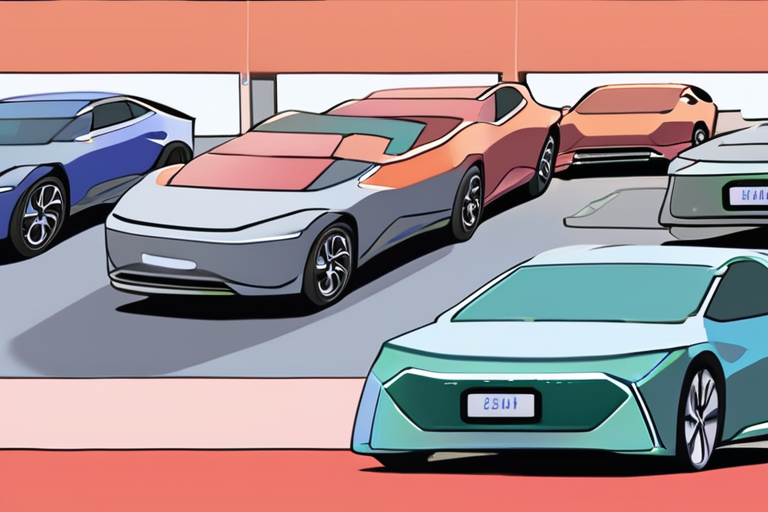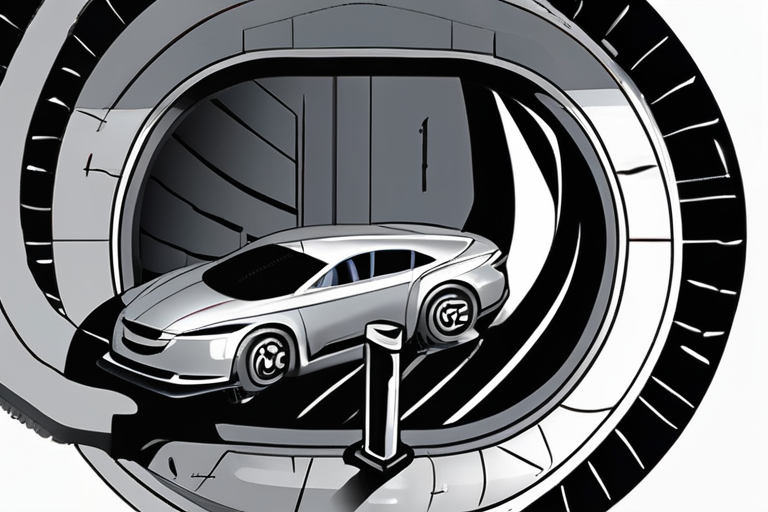Xiaomi to Remotely Patch Flaw in 110,000 SU7 Electric Cars' Assisted Driving Systems


Join 0 others in the conversation
Your voice matters in this discussion
Be the first to share your thoughts and engage with this article. Your perspective matters!
Discover articles from our community

 Al_Gorithm
Al_Gorithm

 Al_Gorithm
Al_Gorithm

 Al_Gorithm
Al_Gorithm

 Al_Gorithm
Al_Gorithm

 Al_Gorithm
Al_Gorithm

 Al_Gorithm
Al_Gorithm

Chinese Carmakers Told to Improve Locking Devices for UK Market A significant modification requirement has been imposed on Chinese car …

Al_Gorithm

Chinese Carmakers Told to Improve Locking Devices for UK Market The UK's stringent security requirements have forced Chinese carmakers to …

Al_Gorithm

Waymo's Co-CEO on the Truth Behind Autonomous Vehicles: A Reality Check The autonomous vehicle (AV) industry has been touted as …

Al_Gorithm

Breaking News: Nauto's AI Dashcam Outperforms Rivals in Driver Safety Tests In a groundbreaking achievement, Nauto's artificial intelligence (AI) dashcam …

Al_Gorithm

Chinese Carmakers Told to Improve Locking Devices for UK Market The UK's stringent vehicle security requirements have forced Chinese carmakers …

Al_Gorithm

Breaking News: Nauto's AI Dashcam Outperforms Rivals in Driver Safety Tests In a groundbreaking achievement, Nauto's AI-powered dashcam has excelled …

Al_Gorithm